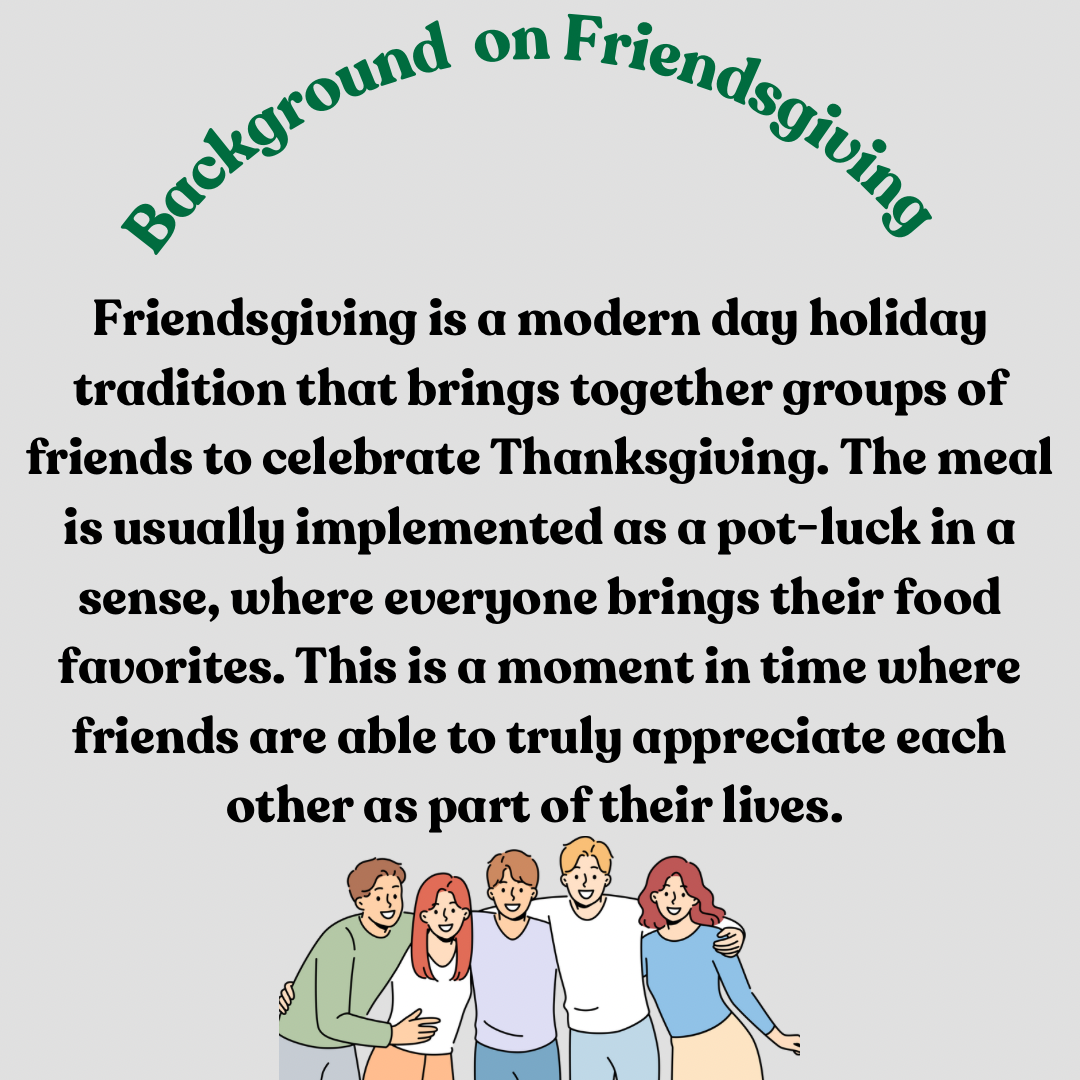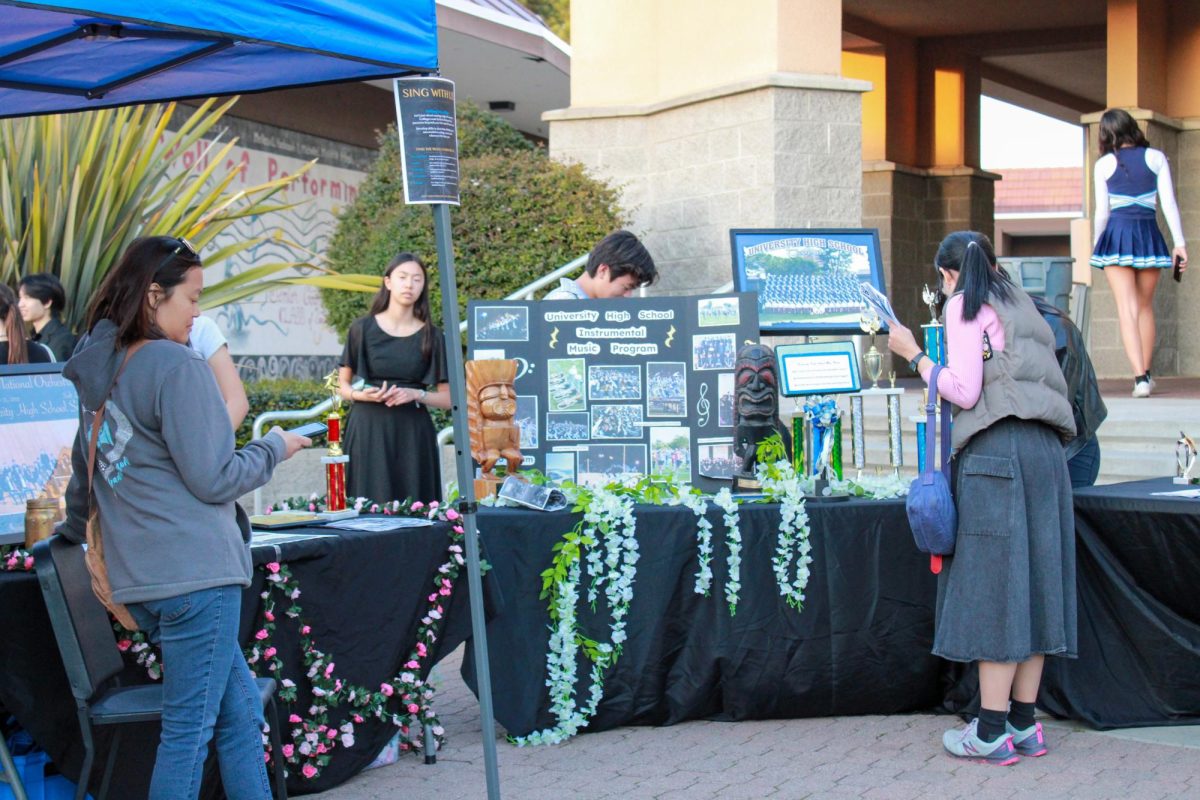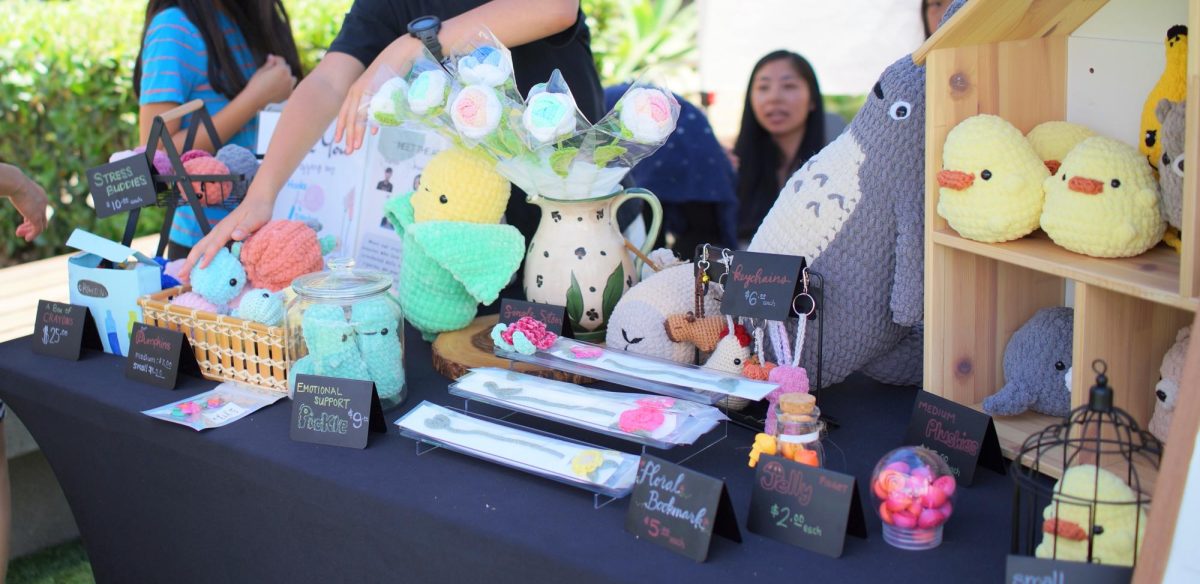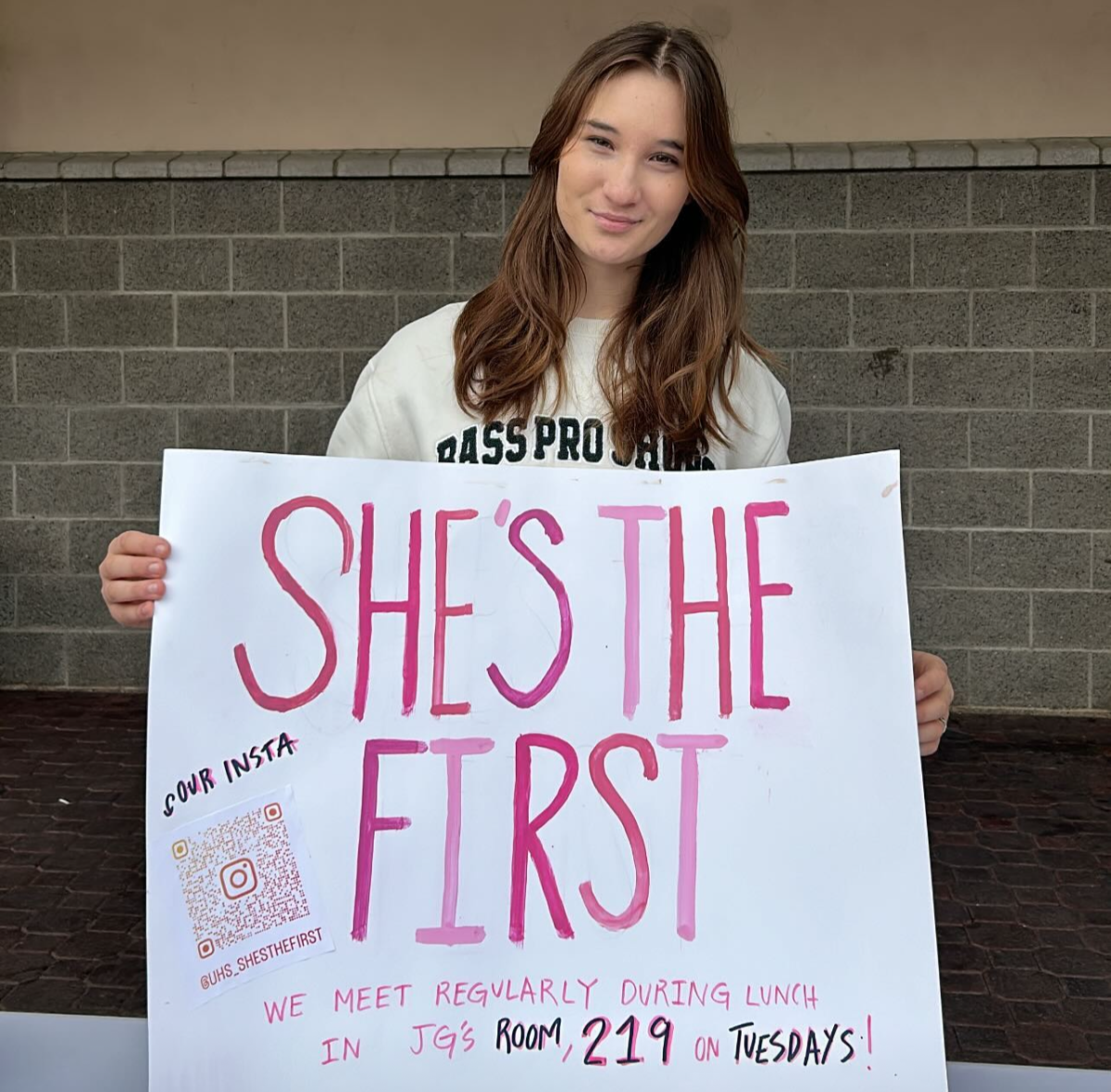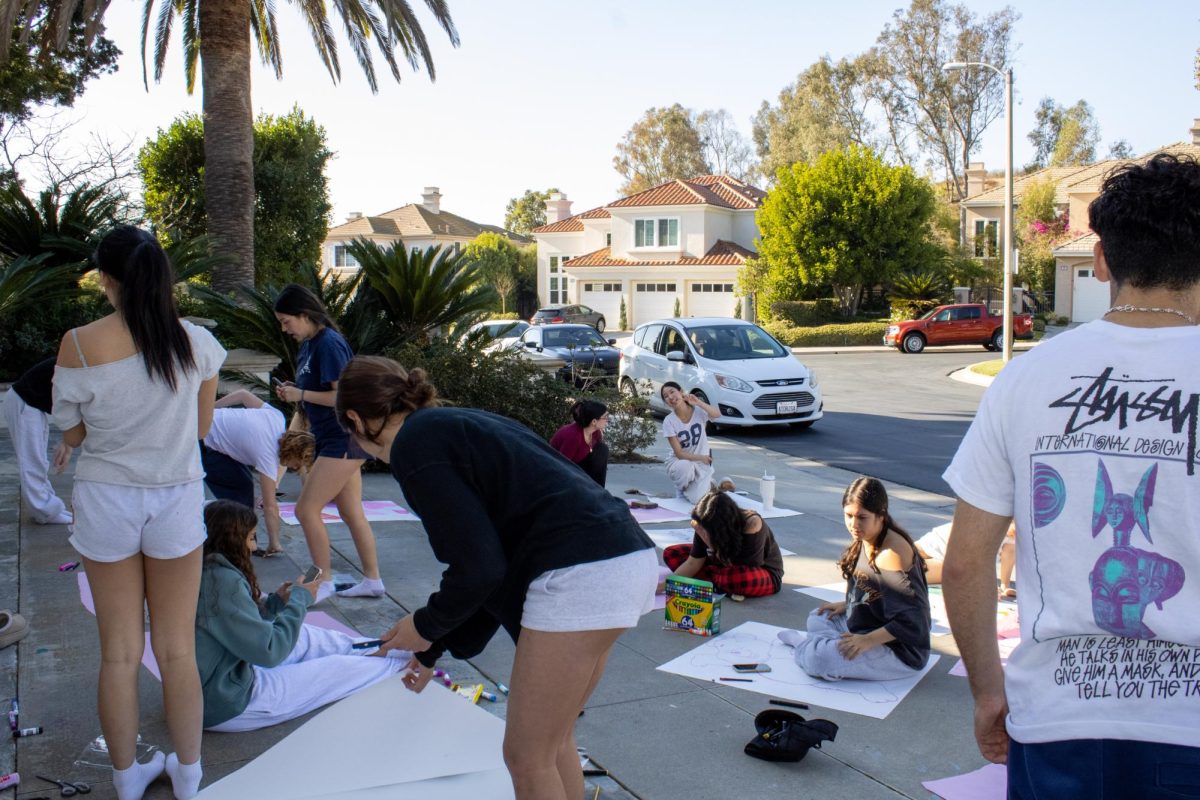The beginning of fall heralds the start of the holiday season, with Thanksgiving being a major event that brings many families together across the country. Thanksgiving dinner has long been a staple of American culture, and, more recently, so has Friendsgiving. According to the Merriam-Webster Dictionary, Friendsgiving is defined as “a celebration or meal shared among friends on or near Thanksgiving Day.” To many, it is a much-anticipated alternative or addition to their normal Thanksgiving activities.
The origins of Friendsgiving are far more recent than Thanksgiving’s and are still heavily debated. Some say that the word Friendsgiving, a portmanteau of the words friend and Thanksgiving, originated from being used in numerous tweets and online posts in 2007 without context as to its definition. Others attribute the origin of Friendsgiving to the American sitcom “Friends,” which popularized the concept of spending the holidays with friends rather than just family. Regardless, Friendsgiving has grown into a well-known and cherished part of the Thanksgiving tradition.
Unlike Thanksgiving Day, which is always celebrated on the fourth Thursday of November, Friendsgiving’s celebration date is far more flexible. Many people celebrate Friendsgiving in the days preceding Thanksgiving to accommodate plans with their families, while others celebrate it afterward or choose to replace Thanksgiving with it entirely. Friendsgiving menus often mirror traditional Thanksgiving meals, though some may opt for differently themed meals. Sometimes, it is celebrated as a potluck, encouraging friends to share their favorite foods.
Friendsgiving allows people to create new traditions and celebrate chosen family and friends in their ways. This unique aspect of Friendsgiving has made it a common activity among older generations and high schoolers alike.
“I think Friendsgiving is a very cute event, and I love the opportunity to connect with your friends and be grateful to them,” senior Raynah Paul said.
Many students at University High enjoy celebrating Friendsgiving and Thanksgiving during the break, and they are grateful for the time they spend with their friends.
“Friendsgiving is a wholesome day,” junior Lucas Melville said. “We joke about the good and bad times . . . feast on a potluck while we finally stop roasting each other and say why we’re grateful for being together.”
Junior Kai Crist enjoys the opportunity Friendsgiving gives him.
“I always love doing Friendsgiving since it gives me a chance to see friends over break,” Crist said. “This year, I got to enjoy a bunch of different food and played games with [friends], which I needed because of school [stress].”
For junior Leah Chen, Friendsgiving is an especially valuable time. Like many students, it gives her a chance to reconnect with friends that she doesn’t usually have the opportunity to see during the regular school year.
“Friendsgiving is a time to check in and see how people are doing, especially people you haven’t seen in a while,” Chen said. “It is a time to share food and garner advice.”
Since time spent in high school can be stressful, junior Alina Knowlton jokes that Friendsgiving allows her to catch up with her friends and studies.
“Why study with family when you can study with friends?” Knowlton said.



